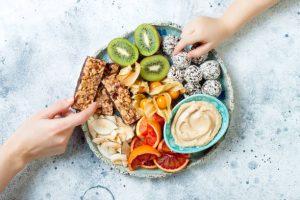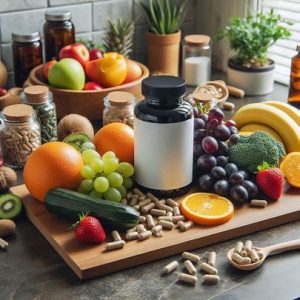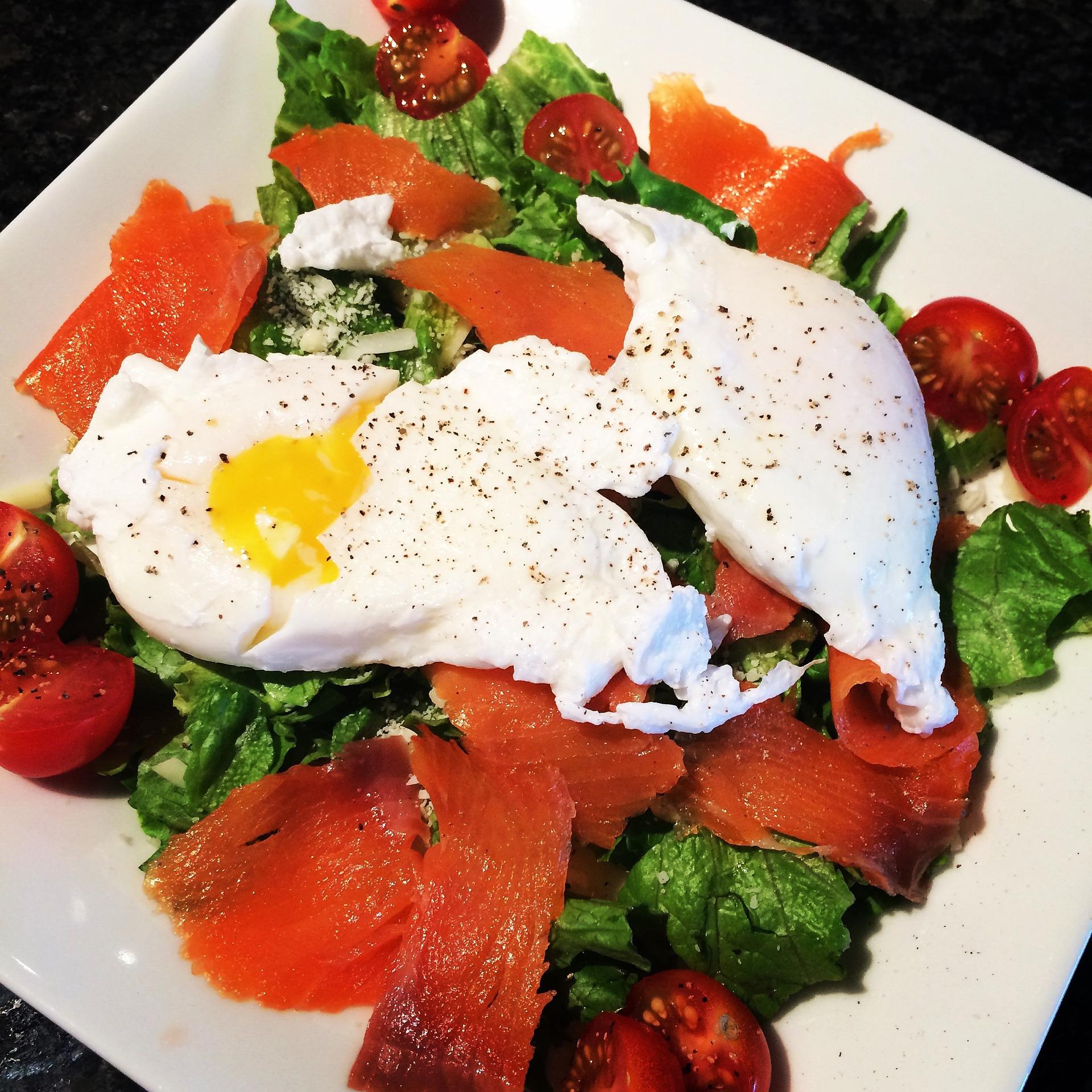
Food has always been more than just sustenance; it is memory, identity, and belonging served on a plate. For many immigrants, achieving citizenship marks the closing of one chapter and the opening of another. To honor this moment, families often gather around a table filled with the dishes of their homeland, blending tradition with new beginnings. Whether it is biryani, empanadas, or dumplings, food becomes the language of celebration and love.
For families who have worked hard through the long path of naturalization, legal guidance from a trusted citizenship firm can make the process smoother and less stressful. Once the paperwork ends and the oath is taken, the joy often continues at home or in community centers, where food plays a central role. These gatherings bring together flavors from across the world, uniting old friends and new citizens in shared pride and gratitude.
The Table as a Symbol of Home
Every immigrant carries a piece of home within their recipes. Dishes like tamales, curries, or pierogis tell stories of grandparents, family farms, and hometown markets. During citizenship celebrations, these meals help preserve that sense of identity. Preparing food becomes an act of remembrance, bridging the past with the present. It also helps families share their heritage with the next generation, showing that becoming a citizen does not mean leaving one’s roots behind.
Food as Emotional Healing
The journey toward citizenship is often filled with uncertainty and emotional strain. Between visa renewals, background checks, and interviews, many experience anxiety and fatigue. Cooking traditional meals offers comfort during these stressful periods. The smell of spices or the texture of familiar ingredients can instantly ease homesickness. When shared with others, food transforms from nourishment to emotional healing, reminding new citizens that they are not alone in their journey.
Community Potlucks and Shared Traditions
Across many cities, immigrant communities organize potlucks to celebrate naturalization ceremonies. These gatherings often feature a mix of cuisines, laughter, and cultural performances. It is not uncommon to see tables lined with both kimchi and tacos, samosas and spanakopita, creating a mosaic of tastes that mirror America’s diversity. Such events also encourage community bonding. Neighbors share recipes, children learn songs from other cultures, and friendships form over shared plates.
Quotes from the Heart
- “When I got my citizenship, I made my mother’s adobo recipe,” says Maria, a nurse from the Philippines. “It reminded me of her and made the day feel complete.”
- “For us, dumplings mean family. After the ceremony, my friends and I made hundreds together. It felt like a celebration of who we are,” shares Wei, a software engineer from China.
- “Our table was filled with Ethiopian injera, Mexican tamales, and American apple pie. It was like the world on a plate,” recalls Ahmed, an entrepreneur from Kenya.
Modern Twists on Traditional Feasts
As immigrant families settle into new environments, their recipes evolve too. Some replace hard-to-find ingredients with local alternatives, while others experiment with fusion dishes. Some families even blend traditional recipes with modern dietary preferences, such as the Indian-style paleo diet, to create meals that are both healthy and rooted in cultural flavor. A Pakistani-American family might serve biryani alongside barbecue ribs. A Polish family may bake pierogis with vegan fillings. These creative adjustments symbolize how cultural identities can adapt while still honoring their origins. It shows how citizenship, like cooking, blends tradition with change.
Why Food Strengthens the Sense of Belonging
Sharing food reinforces community ties and boosts emotional well-being. Studies show that communal eating increases feelings of connection and happiness. For new citizens, it also provides reassurance, a way to feel seen and accepted. These meals often become the backdrop for storytelling, laughter, and gratitude. They help families realize that while the journey to citizenship is individual, the celebration of it is collective.
The Ongoing Celebration
Long after the ceremony ends, food continues to connect immigrants with both their heritage and their adopted country. Each shared dish tells a story of resilience and hope. When families gather to eat, they are not just celebrating citizenship; they are celebrating survival, love, and the courage to start anew. Legal support from a trusted citizenship firm may help individuals reach this point, but food helps them feel grounded once they arrive.
Conclusion: A Taste of Home and a Future of Hope
Citizenship is more than paperwork, it is a personal milestone wrapped in emotion, history, and flavor. Through traditional meals, immigrants celebrate who they are and where they are going. Every bite carries memory and meaning. For many, the journey to citizenship begins with legal support from a trusted citizenship firm, but the joy of belonging is truly felt when families gather, raise a toast, and share a meal that tastes like home.

 Dental care has evolved beyond fillings and cleanings. Patients now expect dentists to guide them on how diet impacts oral health. This shift pushes dental practices to offer nutrition counseling alongside traditional services. For those looking to buy a dental practice, understanding this trend is key to success. Nutrition-focused care not only improves patient outcomes but also boosts practice value. How can buyers assess and grow these services? And what role do acquisition experts play in this process?
Dental care has evolved beyond fillings and cleanings. Patients now expect dentists to guide them on how diet impacts oral health. This shift pushes dental practices to offer nutrition counseling alongside traditional services. For those looking to buy a dental practice, understanding this trend is key to success. Nutrition-focused care not only improves patient outcomes but also boosts practice value. How can buyers assess and grow these services? And what role do acquisition experts play in this process?
 The Paleo diet is based on whole, unprocessed foods like lean meats, fish, nuts, fruits, and vegetables. These foods help regulate blood sugar levels and reduce inflammation, key factors in preventing obesity. By eliminating refined sugars and grains, Paleo eating stabilizes energy levels, keeping hunger at bay for longer.
The Paleo diet is based on whole, unprocessed foods like lean meats, fish, nuts, fruits, and vegetables. These foods help regulate blood sugar levels and reduce inflammation, key factors in preventing obesity. By eliminating refined sugars and grains, Paleo eating stabilizes energy levels, keeping hunger at bay for longer. Did you know that what you eat directly affects your brain and body performance? Research has consistently shown that a balanced diet plays a pivotal role in boosting mental clarity, emotional well-being, and physical performance. For men, who often face unique health challenges, nutrition is a key factor in maintaining optimal strength—mentally and physically.
Did you know that what you eat directly affects your brain and body performance? Research has consistently shown that a balanced diet plays a pivotal role in boosting mental clarity, emotional well-being, and physical performance. For men, who often face unique health challenges, nutrition is a key factor in maintaining optimal strength—mentally and physically. Building muscle doesn’t need to rely on synthetic enhancers or fad supplements. Many people achieve impressive results by focusing on the right foods and supplements. Key nutrients and balanced meals lay the foundation for sustainable gains, while smart, safe supplementation helps reach muscle growth goals faster and safely.
Building muscle doesn’t need to rely on synthetic enhancers or fad supplements. Many people achieve impressive results by focusing on the right foods and supplements. Key nutrients and balanced meals lay the foundation for sustainable gains, while smart, safe supplementation helps reach muscle growth goals faster and safely. A balanced diet does more than nourish the body; it can also provide essential support for brain health. Nootropics—also known as brain boosters—offer powerful benefits when combined with a nutrient-dense diet. From enhancing focus and memory to promoting mental clarity, nootropics can amplify the brain’s performance naturally. Incorporating foods like green tea, dark chocolate, and omega-3s can significantly boost your cognitive wellness.
A balanced diet does more than nourish the body; it can also provide essential support for brain health. Nootropics—also known as brain boosters—offer powerful benefits when combined with a nutrient-dense diet. From enhancing focus and memory to promoting mental clarity, nootropics can amplify the brain’s performance naturally. Incorporating foods like green tea, dark chocolate, and omega-3s can significantly boost your cognitive wellness. Sexual health is a fundamental part of overall well-being, and nutrition plays a significant role in supporting it. What we eat affects more than just physical health — it also impacts hormones, energy levels, and even libido. Proper nutrition can help enhance sexual function, boost energy, and improve mood. The good news? Certain foods packed with nutrients can support women’s sexual health.
Sexual health is a fundamental part of overall well-being, and nutrition plays a significant role in supporting it. What we eat affects more than just physical health — it also impacts hormones, energy levels, and even libido. Proper nutrition can help enhance sexual function, boost energy, and improve mood. The good news? Certain foods packed with nutrients can support women’s sexual health.














